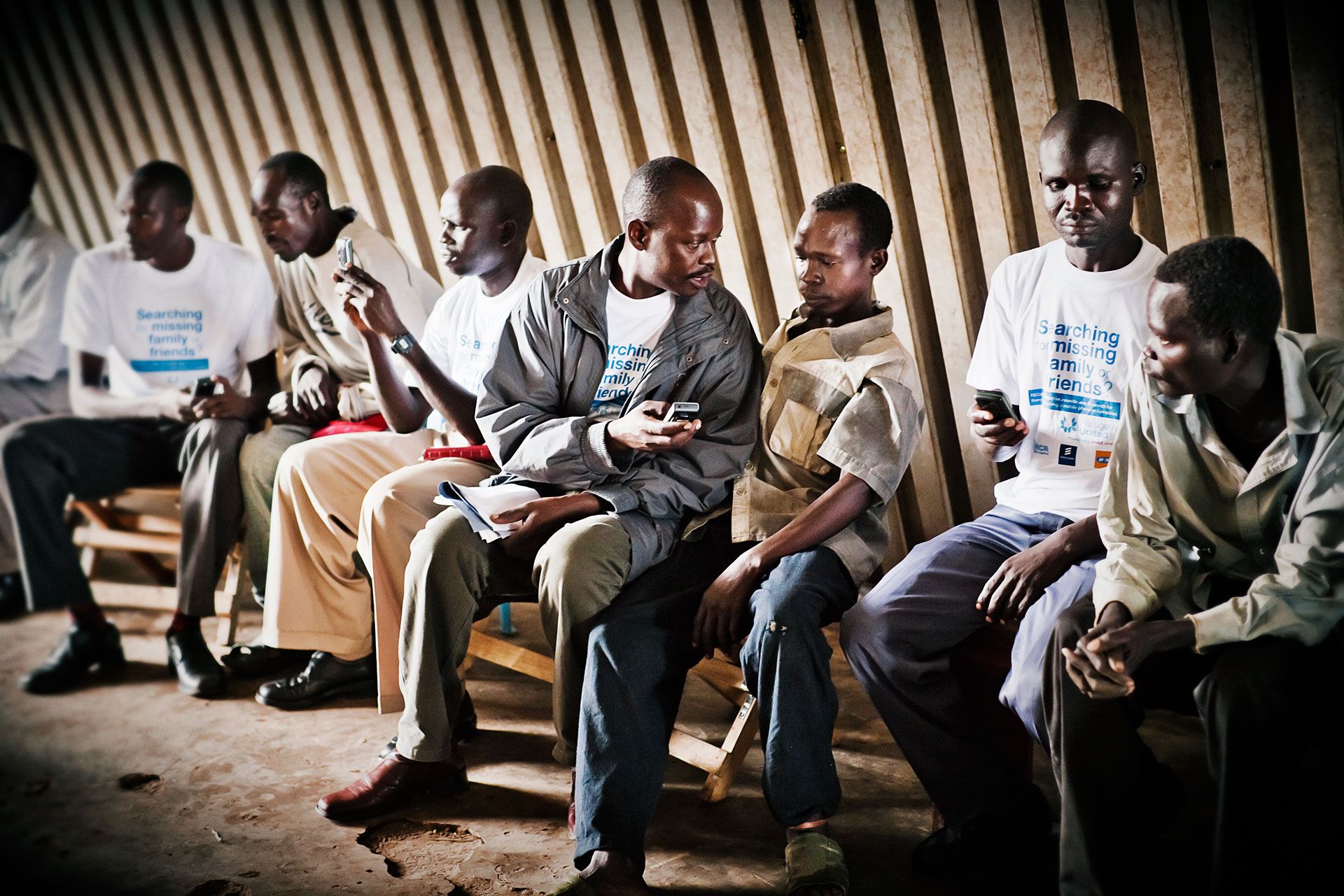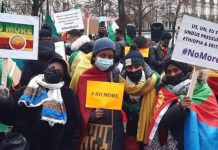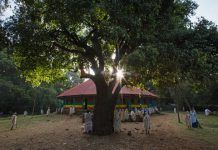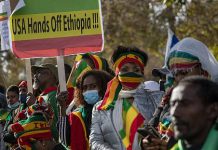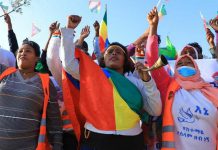Africa-Press-Ethiopia
The letter delivered to Måns Clausen brought startling news. It advised the Swedish actor that his biological mother in Ethiopia, long presumed dead, was alive and searching for him.
After a few months of correspondence and phone calls with newfound relatives, the actor flew from Stockholm to Addis Ababa to see his birth mother for the first time since his adoption as a baby by a Swedish couple.
“That was a surrealistic experience! It was wonderful, of course,” Clausen said of their reunion three years ago, starting at the airport in Addis Ababa. Now 46, he recalled his mother “was a stranger to me. But for her, I was, of course, her child. She had been looking for me for years.”
That revelatory letter to Clausen came from Beteseb Felega-Ethiopian Adoption Connection (BF-EAC). The nonprofit organization operates a program, including a website, that reunites Ethiopian-born adoptees with their biological relatives. Clausen’s younger half-brother saw its online search database and contacted the organization on his mother’s behalf; he also was at the airport when they reunited.
BF-EAC is the idea by Andrea Kelley, an American. She and her husband, who live just outside Kansas City, Missouri, adopted their two children from Ethiopia, bringing home a son in 2000 and a daughter in 2002.
Over time, Kelley became aware that many birth families “were searching for their children, but there was no way for us both to meet,” she said in a phone interview. She and her husband were able to find their daughter’s biological family in 2004 and have visited several times. They have not had success with their son’s, whose “mother could have been searching for him and I would have no way of knowing it,” Kelley said.
Accustomed to adoption search databases in the United States, “I just decided to make one for Ethiopia,” she said.
Helped by an adoptive mom with strong tech skills, Kelley invested countless hours and $3,000 to launch BF-EAC in 2014. Since then, the organization – registered with the Ethiopian government as a nonprofit – has reconnected more than 200 adoptees with their Ethiopian relatives. More than 1,000 other cases remain active in the registry, with adoptees or their birth relatives seeking connections.
The database posts information – such as birth dates, names of the children or relatives, photos – provided by Ethiopian birth families, adoptive parents or adoptees themselves. Once a likely identification is made, Beteseb Felega contacts the subject of the search – as it did with adoptee Clausen. If that person confirms a match, he or she can provide a letter and photos for Beteseb Felega to deliver. The organization will interview the Ethiopian family, providing a detailed report to the adoptee and providing follow-up as needed.
Access to the online database is free. Sometimes, an adoptee or adoptive family will want an on-the-ground search in Ethiopia, for which Beteseb Felega charges the adoptive side. There is no cost to Ethiopian families, Kelley stressed.
“Most of the people that did give up their kids were the poorest,” she said. Many were told, by adoption agencies and intermediaries, that their children were being sent abroad to get an education and other opportunities and would return as adults.

